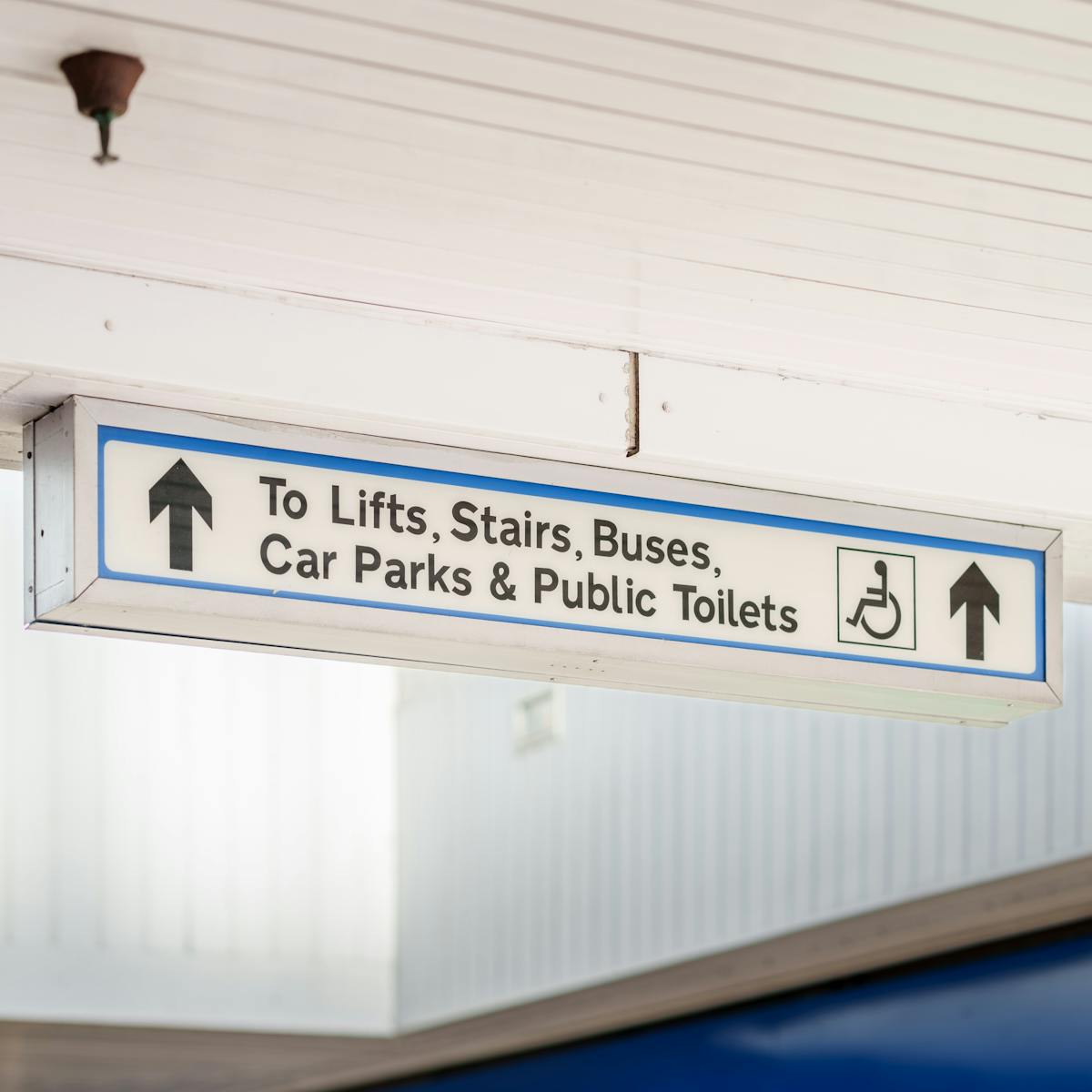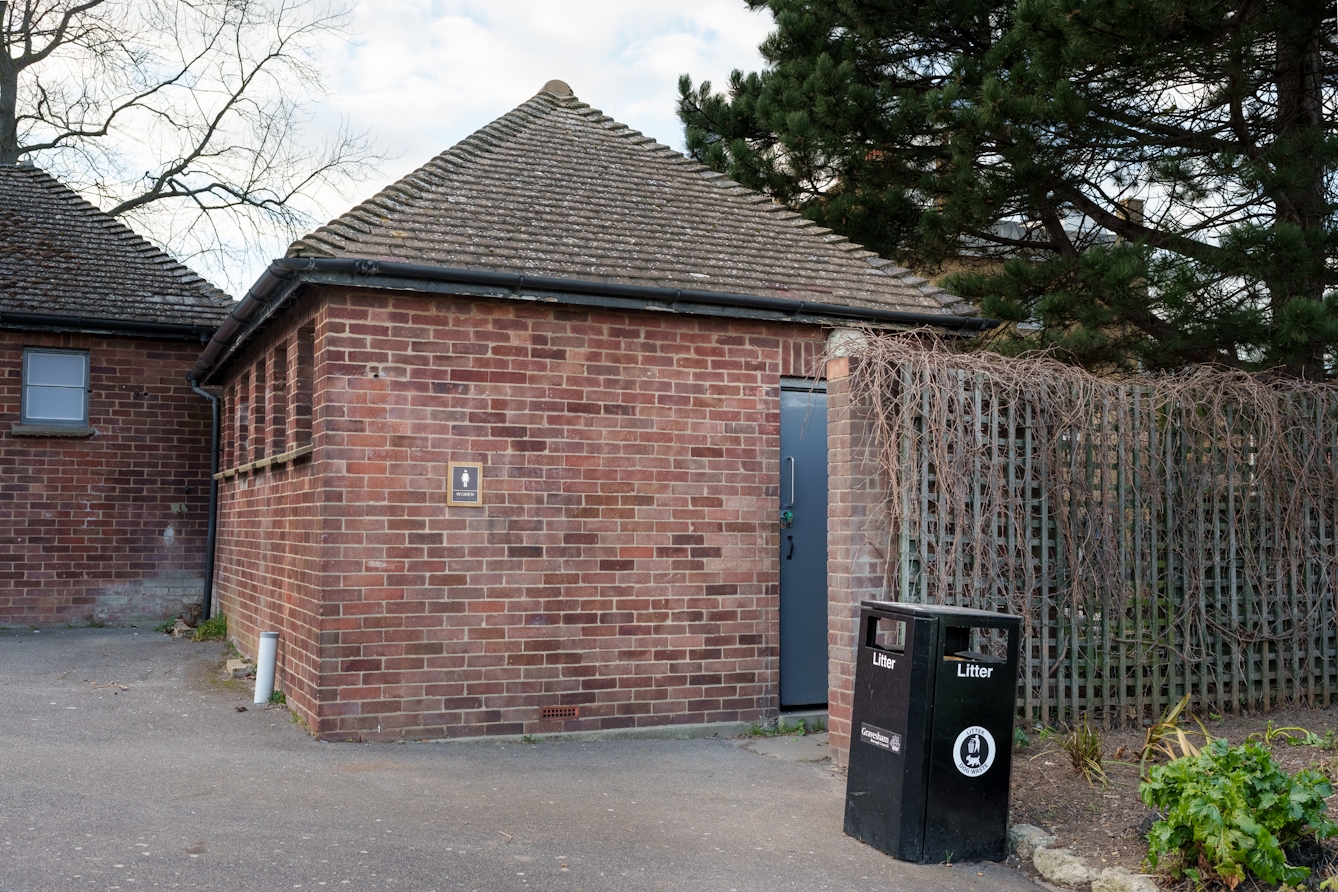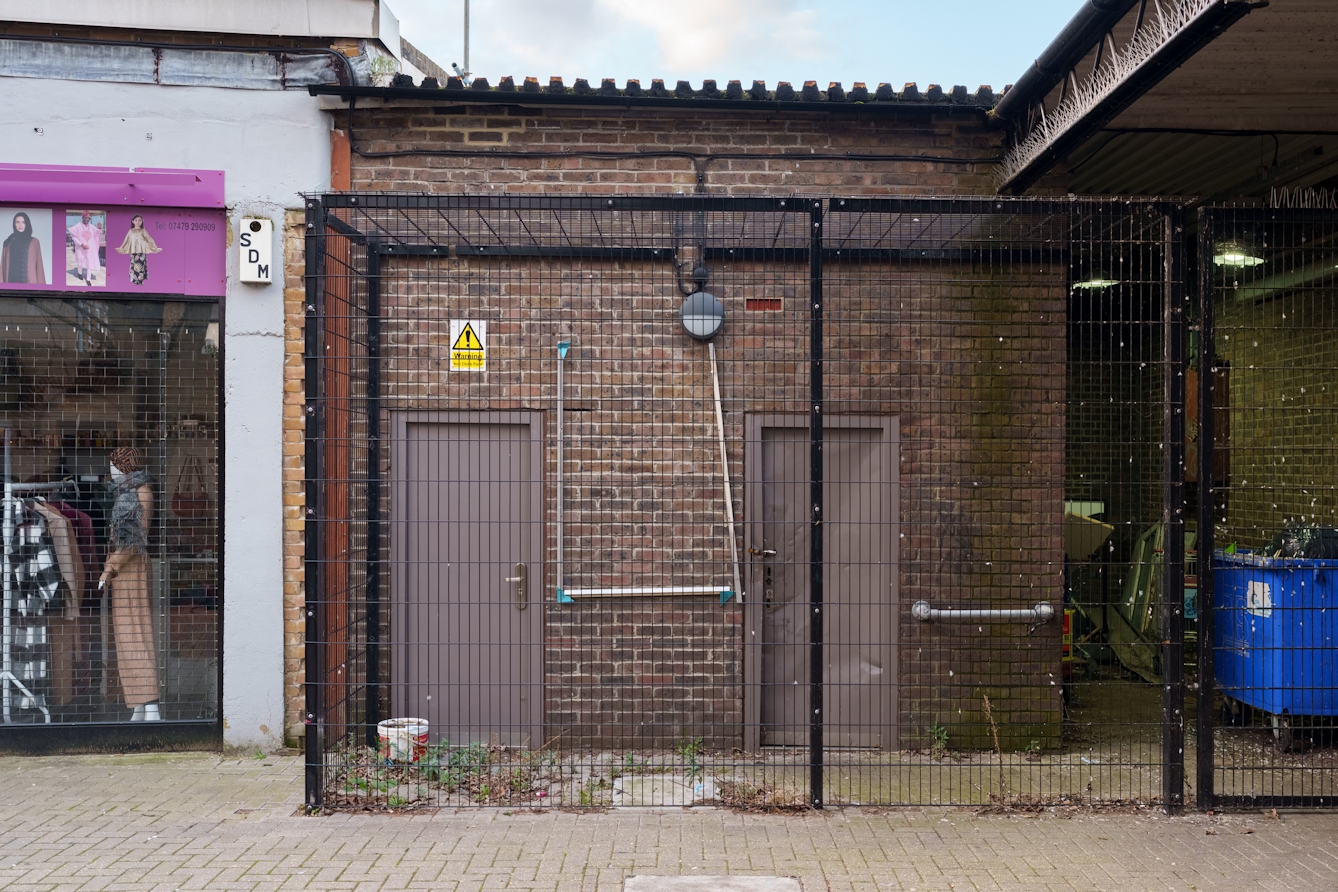The last decade of council cuts to public-toilet provision is noticeable to everyone. But some people’s lives are impacted more than others. Kevin Crowe’s medical conditions mean that he needs to plan every outing around whether a toilet is quickly accessible, which limits the places he can visit. But he’s not accepting defeat: he’s plumbing his history of activism to campaign for better provision for all.

Not many of us are comfortable talking about needing the toilet, even though it is a basic bodily function. But those conversations can feel even harder if you suffer with incontinence. It can make people like me feel that we have a sign around our neck saying “unclean”.
I’m in my seventies and it has now been over a decade since I was diagnosed with rheumatoid arthritis and osteoarthritis. My bladder and bowel have been affected as a result. It means I often need quick access to the toilet – but I can rarely find one when I leave the house.
I love the outdoors. And I was once very physically active. I would go on long walks and, particularly since living in the Highlands, venture along riverbanks, climb mountains, play golf and spend time birdwatching. Arthritis put a stop to most of that. But the lack of public toilets has made outdoor activities even harder.
Walking a thin line
The advice healthcare professionals give for managing an overactive bladder like mine is to drink less alcohol and get more exercise. And like many others with arthritis, the most appropriate exercise for me is walking.
But here's the rub: walking itself can put pressure on the bladder of someone with pre-existing conditions. Without adequate toilet facilities, we can end up having embarrassing incontinence issues. So I risk dehydration by not drinking before leaving the house, even on warm, sunny days. Sometimes I avoid exercise altogether.
I once drove almost 20 miles away from home to walk in a place where I knew I could use the loo when I inevitably needed to.
I no longer go for walks around Wick, where I currently live, because I can rarely find anywhere to comfortably use the toilet. Nowadays, I look for other locations, checking online to see whether there are working facilities and taking the time to drive to new places. I once drove almost 20 miles away from home to walk in a place where I knew I could use the loo when I inevitably needed to.

“I often need quick access to the toilet – but I can rarely find one when I leave the house.”
Yet, despite my efforts, I sometimes have no choice but to find a secluded spot where I can safely urinate in the open.
My self-esteem has been affected. But I know I’m not alone in this. A vast number of people in the UK with arthritis have bladder and urinary-tract problems. And according to Age UK, over three million people over 65 have issues with their bladder and bowels.
It isn't just age and arthritis that mean people might need to use the toilet more regularly, either. Pregnancy and childbirth, the menopause, constipation, diabetes, obesity, neurological conditions and urinary-tract infections can all have an impact. That's a lot of people potentially in need of public toilets.
And yet the provision of public toilets is not a statutory duty of local authorities. I think it should be.
Out of order
Closing toilets has felt like an easy option for cash-strapped councils under austerity: in the last ten years around half of our public toilets have closed. This is something I have felt locally.
Even when there is a public toilet, you’re not quite sure what you’ll find when you open the door.
Before the pandemic, my local council tried to close several of its public toilets as a cost-cutting measure, until activists from Highland Save Our Loos fought back. The campaign was a success, and most toilets did remain open. But some public loos in more rural areas, like mine, were only opened seasonally. It made me feel as though visitors’ needs were more important than those of the people who live here all year.

“Closing toilets has felt like an easy option for cash-strapped councils under austerity.”
And even when there is a public toilet, you’re not quite sure what you’ll find when you open the door. Many are vandalised, filthy or in need of repair.
Facilities aren't always suitable for disabled people either. I sometimes use a wheelchair, and I have seen ‘disabled’ loos where there isn't the space to comfortably turn my wheelchair, or where the sink and WC are too close together.
This happened when I went to a Pride event in Scotland in 2019 and couldn’t find a Portaloo suitable for a wheelchair user. It left me feeling disappointed: an event that celebrates diversity should surely have accessibility at its core.
Hope for a better future
In recent years I have joined in protests against austerity to save our local public services. I have campaigned for libraries to remain open and for potholes to be repaired. But I don't think I have ever seen someone carrying a placard saying: “We need a place to pee!” And it’s not something I’ve done either.
The shame we’re made to feel about normal bodily functions worsens our chances of ever having better, cleaner, more accessible public toilets for all. But I have learnt an important lesson from my decades of organising as a trade union and LGBTQ+ activist: it’s important to consult with those most directly affected if things are to improve.
I now sit on my local Disabled Access Panel and offer advice to managers on ensuring disabled toilets are truly accessible; I joined my local group for social-housing tenants to push for better public-toilet access; and I raise these issues on social media. Because the first steps towards change can start with people like me.
About the contributors
Kevin Crowe
Kevin Crowe was born in 1951. He is author of the 2020 collection of short stories ’No Home in This World’, published by Fly on the Wall. He is editor of the Highlands LGBT+ magazine UnDividingLines and is currently working with musicians to create a Bob Dylan-themed event combining music and storytelling. He sits on the Caithness Disabled Access Panel.
Steven Pocock
Steven is a photographer at Wellcome. His photography takes inspiration from the museum’s rich and varied collections. He enjoys collaborating on creative projects and taking them to imaginative places.

